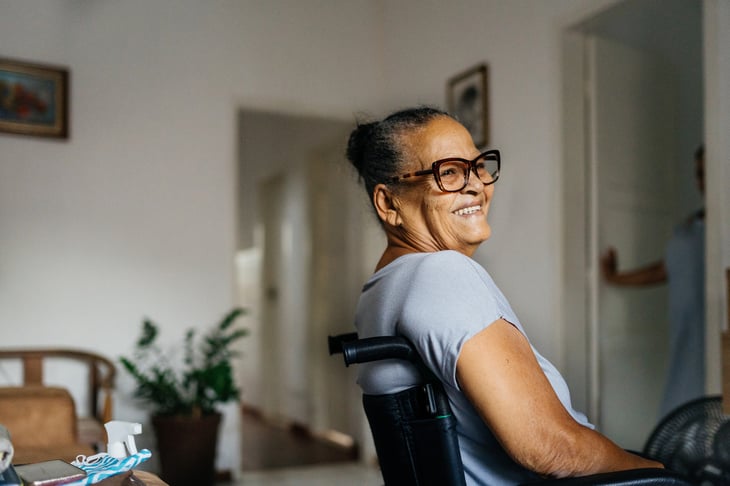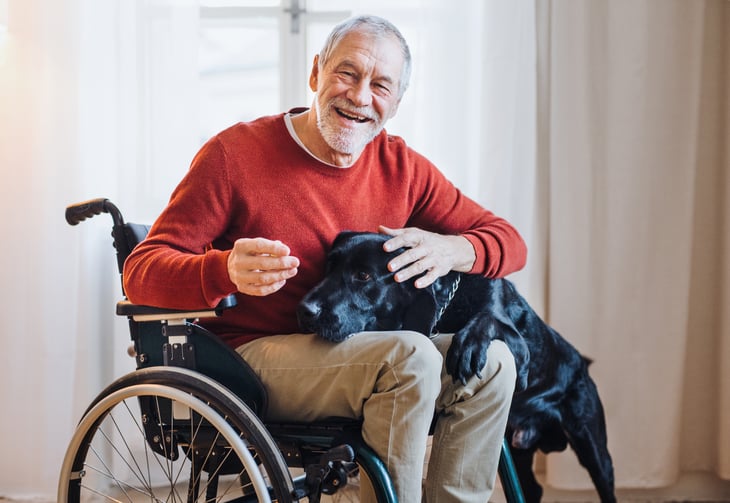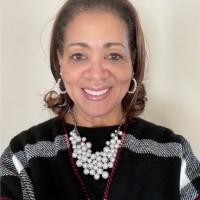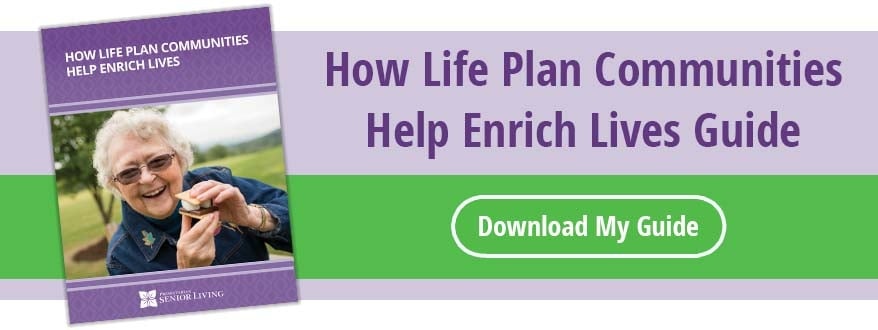
Diversity, Equity, Inclusion and the Importance of Belonging: Recognizing the Americans with Disabilities Act (ADA)
On July 26, the Americans with Disabilities Act (ADA) will celebrate its 32nd anniversary. In our March blog, we shared information on Ableism, the discrimination against people with disabilities. Ableism is the forward motion of the Americans with Disabilities Act.
 These titles under the ADA of Employment, Public Service: State and Local Government, Public Accommodations and Services Operated by Private Entities, Telecommunications and Transportation help to govern policy and give access to those rights that people who do not have a disability or choose not to disclose a disability, may take for granted.
These titles under the ADA of Employment, Public Service: State and Local Government, Public Accommodations and Services Operated by Private Entities, Telecommunications and Transportation help to govern policy and give access to those rights that people who do not have a disability or choose not to disclose a disability, may take for granted.
Inclusion is making your community and your environment open and accessible to everyone. You can start this journey by understanding that everyone is not one-dimensional. Sometimes people forget that a person with a disability is, first and foremost, a person with desires, talents, skills, heartache, and loss, just like everyone else. There are similarities in all of us; do not focus on a person’s visible or non-visible traits; focus on the interest you have in common.
To move inclusion forward, you may ask yourself, “What can I do to make those with disabilities feel that they are included?” Inclusion is not like a light switch that gets turned on or off. It is more like a dimmer switch that you push forward into the light with intentionality, focus, and performance metrics. It is a journey, not a simple checklist. Acknowledge, understand, and embrace the widespread nature of the disability. Disability touches every demographic category – gender, age, race, sexual orientation, etc. and impacts most people eventually through accident, illness, or aging. Fifty-six million Americans have a disability. Specific disabilities are evident because they require the use of a wheelchair or have noticeable physical attributes. However, most disabilities, including those related to learning, attention, mental health, or chronic pain, are invisible and many people with hidden disabilities are still “in the closet” due to stigma.
Acknowledge, understand, and embrace the widespread nature of the disability. Disability touches every demographic category – gender, age, race, sexual orientation, etc. and impacts most people eventually through accident, illness, or aging. Fifty-six million Americans have a disability. Specific disabilities are evident because they require the use of a wheelchair or have noticeable physical attributes. However, most disabilities, including those related to learning, attention, mental health, or chronic pain, are invisible and many people with hidden disabilities are still “in the closet” due to stigma.
According to RespectAbility.org, use appropriate language and etiquette. Two good rules to keep in mind are to always err on the side of language that does not paint disability as inherently harmful, and “Ask the Person.” Refer to people respectfully and how they want. For example, many people with disabilities prefer “people-first language,” which respects human beings and their strengths, rather than defining them by their disabilities. An example of people-first language refers to a child with Down syndrome by their name, not the “Down syndrome kid.” Just as you may ask people for their gender pronoun preferences, you should ask people with disabilities how they prefer to be identified. Use the word “disability.”Terms like “physically challenged,” “special,” and “differently-abled” are seen by some as patronizing.

Here are a few suggestions on inclusion:
- Language matters. Use inclusive terminology.
- People without disabilities are not “normal.” Saying “normal” implies that people with disabilities are “abnormal.”
- People with disabilities should not automatically be described as “inspirational” or “courageous” just because they have a disability.
- Treat adults with disabilities as adults. Baby talk is not appropriate.
- Speak directly to people with disabilities, not at their aide or sign language interpreter. Talk at eye level; if necessary, sit in a chair to be on the same level as a person who uses a wheelchair.
- Listen patiently and attentively to a person who has difficulty speaking; do not try to finish their thoughts for them.
- Remember that a person’s mobility equipment is part of their personal space. Don’t move a wheelchair, cane, or scooter without their permission.
- Not all disabilities are visible or apparent, but this does not make them any less real.
- Be mindful that people with cognitive or psychological disabilities have varying ways of coping with their conditions.
- If you are unsure how to interact with a person with disabilities, ask them!
About LaJeune Adams
PSL’s Cultures and Values give assurance of our organization’s commitment to diversity, equity and inclusion, through ensuring that all stakeholders feel that they belong. By lifting up voices and people, we will create an organization where all stakeholders feel that they are of value. As part of this commitment PSL formed Culture Champions within each community and location within the organization. Culture Champions are PSL representatives empowered with leading the movement of living and teaching our values while embracing DEI initiatives and encouraging others to do the same. As the Corporate Director of Education and Development and DEI Officer, LaJeune Adams is one of the PSL leaders that supports and works directly with the Culture Champions. LaJeune has worked with Presbyterian Senior Living for over 16 years in the roles of Human Resources Manager and Area Human Resources Director prior to her current role.



